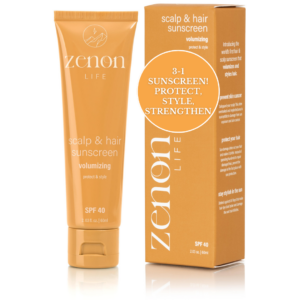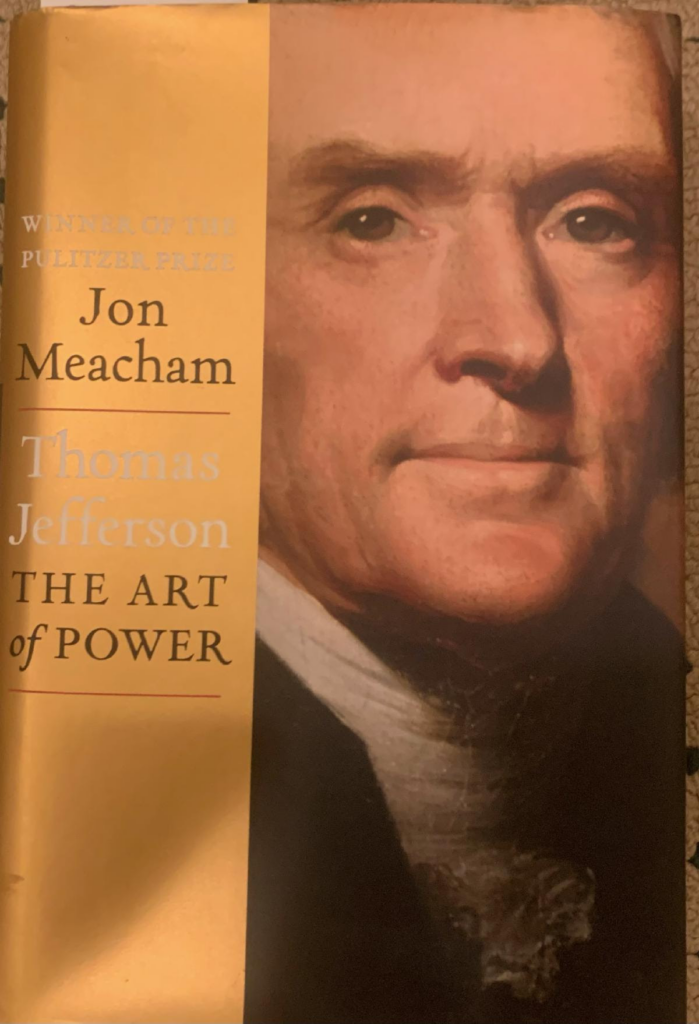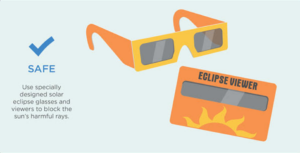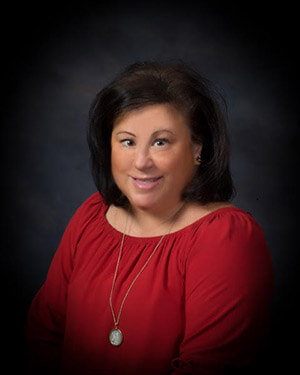
Answers to Your Questions About Ultraviolet Rays
Q. Why should I be concerned about the effects of ultraviolet (UV) rays on my eyes?
A. Summertime often means long hours in the sun. Most of us remember to protect our skin from UV rays by applying sunblock, but your eyes need protection as well. It is important to start wearing proper eye protection at an early age to shield your eyes from years of ultraviolet exposure.
Q. What kind of damage can UV rays cause?
A. Too much exposure to UV light raises your risk of eye diseases and other problems, such as:
- Cataracts and eye cancers can take years to develop. Each time you bask in the sun without eye protection, you increase your risk of serious disease. Babies and children need to wear hats and sunglasses for this very reason. People of all ages should take precautions whenever they are outdoors.
- Growths on the eye, such as pterygium, can show up in our teens or 20s. Surfers, skiers, fishermen, farmers and others who spend long hours under the midday sun or near rivers, oceans and mountains are at risk.
- Snow blindness, a form of photokeratitis, can quickly develop after exposure to UV reflections off of snow, ice, sand or water.
Q. What is the best way to protect my eyes from UV rays?
A. There is a simple solution: Whenever you are outside, wear sunglasses that provide UV protection.
Learn more from the American Academy of Ophthalmology

Protect Your Scalp from Skin Cancer
We urge all our patients with thinning hair to try this product from Zenonlife.com to protect your scalp from skin cancer. The gentle, natural ingredients, developed by dermatologist Steven Wang, MD, combine to make your hair look great!
Right now, Bedminster Eye & Laser patients can enjoy an introductory 15% discount on this product. Order Zenon by visiting Zenonlife.com and entering discount code ZL15OFF at checkout.

May is Healthy Vision Month
Approximately 37 million adults in America have age-related macular degeneration, cataract, diabetic retinopathy, or glaucoma, all of which can cause visual impairment or blindness. However, recent studies show that making healthy choices and getting regular eye exams can help reduce a person’s risk of vision loss. In support of Healthy Vision Month in May, the American Academy of Ophthalmology is encouraging everyone to take charge of their eye health and preserve their sight by following some simple tips.
Get a comprehensive dilated eye exam
Getting a dilated eye exam is simple and painless — and it’s the single best thing you can do for your eye health!
Even if your eyes feel healthy, you could have a problem and not know it. That’s because many eye diseases don’t have any symptoms or warning signs. A dilated eye exam is the only way to check for many eye diseases early on, when they’re easier to treat.
Find out if you’re at risk for eye diseases
Getting older increases your risk of some eye diseases. You might also have a higher risk of some eye diseases if you:
- Are overweight or obese
- Have a family history of eye disease
- Are African American, Hispanic, or Native American
Other health conditions, like diabetes or high blood pressure, can also increase your risk of some eye diseases. For example, people with diabetes are at risk for diabetic retinopathy — an eye condition that can cause vision loss and blindness.
Learn more from the National Eye Institute
What Are You Reading these Days?
We’ve noticed that many of our patients enjoy reading a good book. Here are recommendations for May 2024.
Have a recommendation? Email our newsletter editor



Connect with The Optical Shoppe
(908) 719-2020
Where to Get Solar Eclipse Glasses

If you’re among the millions of people expecting to view the next eclipse, make sure you purchase solar eclipse filters and glasses from reputable manufacturers. There have been reports that some companies are selling counterfeit products labeled as if they conform to international safety standards.
In response, the American Astronomical Society (AAS) says it is no longer sufficient to look for the International Organization for Standardization (ISO) logo on eclipse glasses and filters. The AAS has a list of companies whose products are known to conform to ISO standards, as vetted by the AAS.
Learn more from the American Academy of Ophthalmology

Tips for Buying Sunglasses for Children
Not all sunglasses are created equal. When choosing sunglasses for your child, you want to ensure they like their glasses and that they are effective at protecting their eyes. Here are some tips to help make buying sunglasses for children a little easier:
- Spot the sticker. Make sure the sunglasses you find provide 99-100% UVA/UVB protection. This is often indicated with a sticker. Unless it is noted that they offer this protection, assume the sunglasses don’t.
- Choose frames for kids. Children’s sunglasses are designed for smaller heads. Make sure you choose sunglasses designed for kids to ensure they fit correctly and are comfortable. Plus, these frames often come in fun, kid-friendly designs, which may encourage your child to wear them.
- Lenses are important. Keep your child’s activities in mind. Sunglasses with impact-resistant lenses may be a good option for kids on the go, providing durability and safety for wearers. Wide lenses are also something to consider, as they provide protection not just to the eyes but to the skin around the eyes as well.
40% OFF
Complete pair of sunglasses* with the purchase of a complete pair of eyeglasses
*excludes Maui Jim
Offer expires June 30, 2024
Connect with The Optical Shoppe
(908) 719-2020
Our Doctors are Always Here to Help
Scheduled appointments offered 6 days a week and some evenings.
Emergency services available.
Call Now: 908-781-2020


